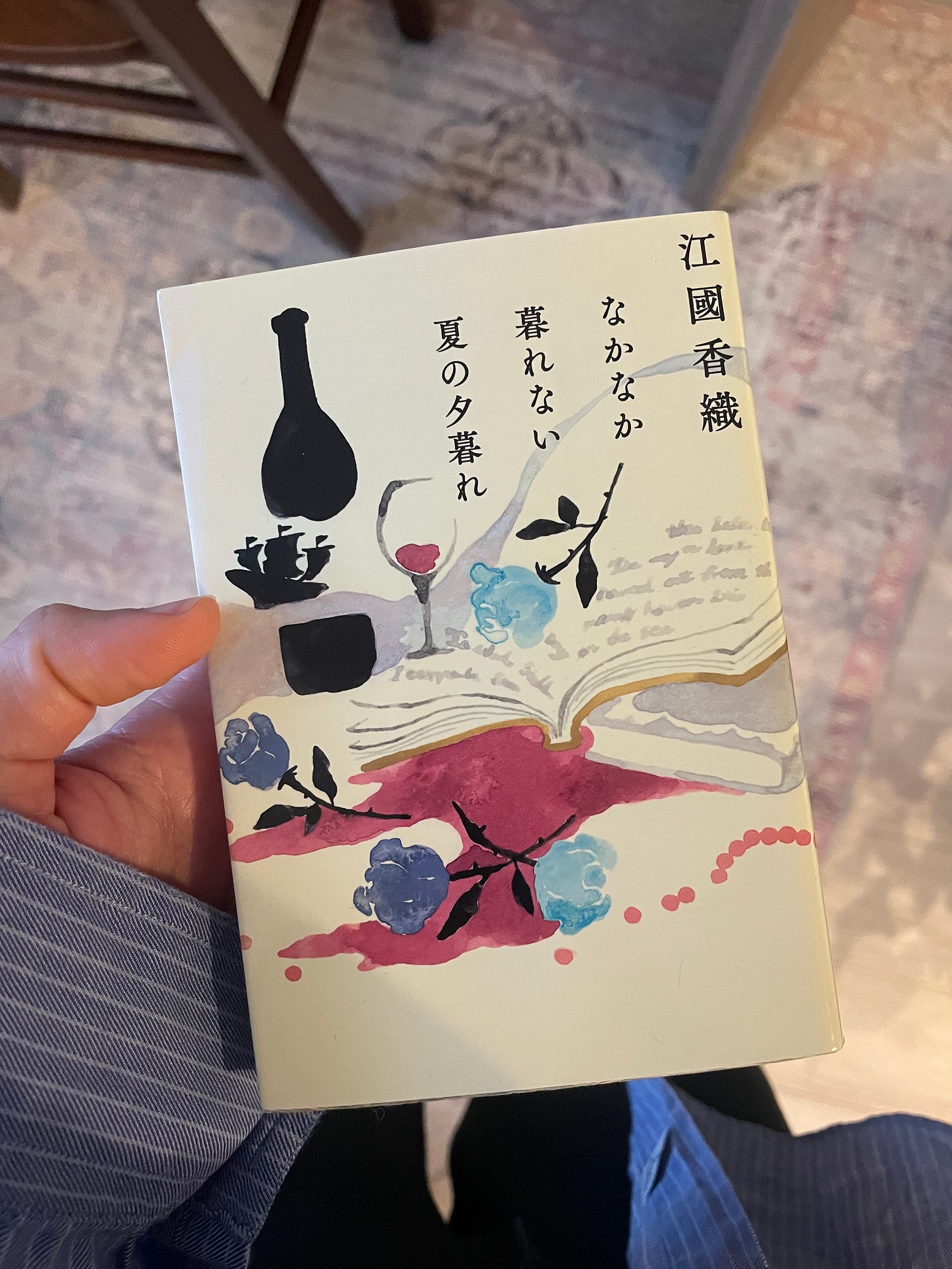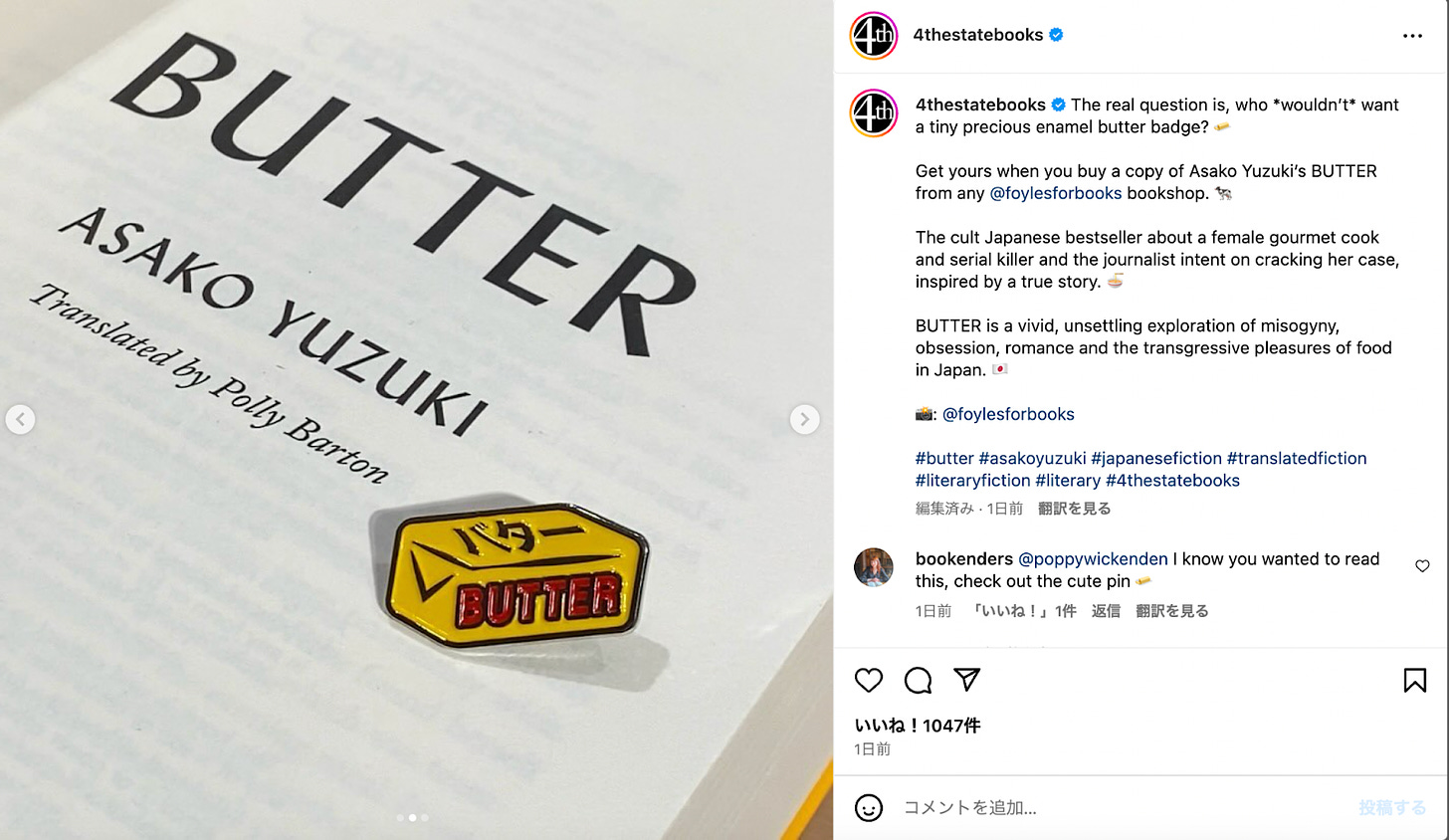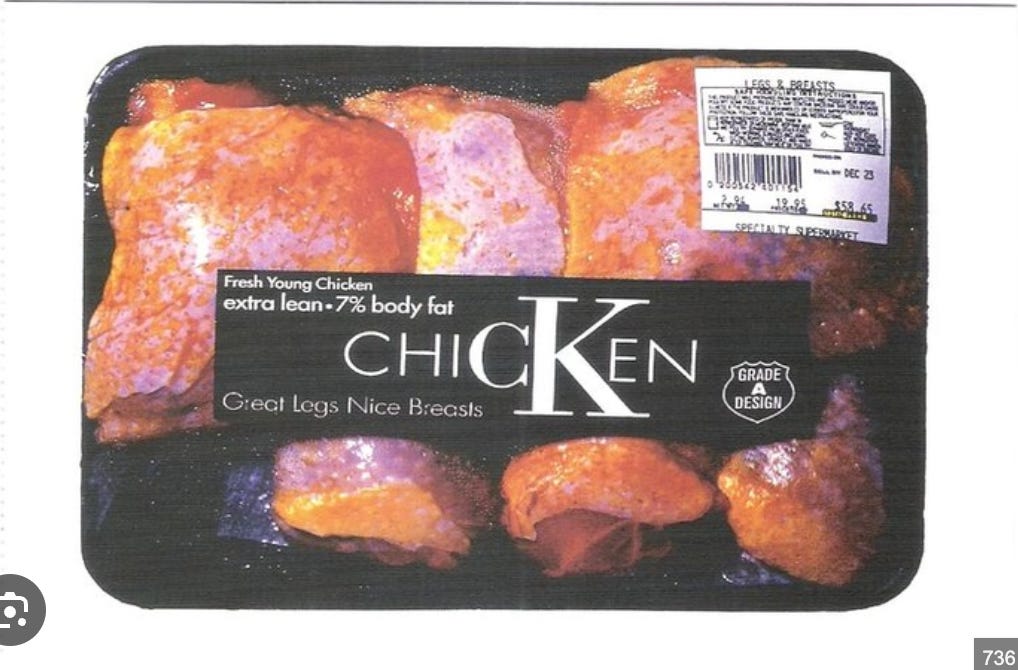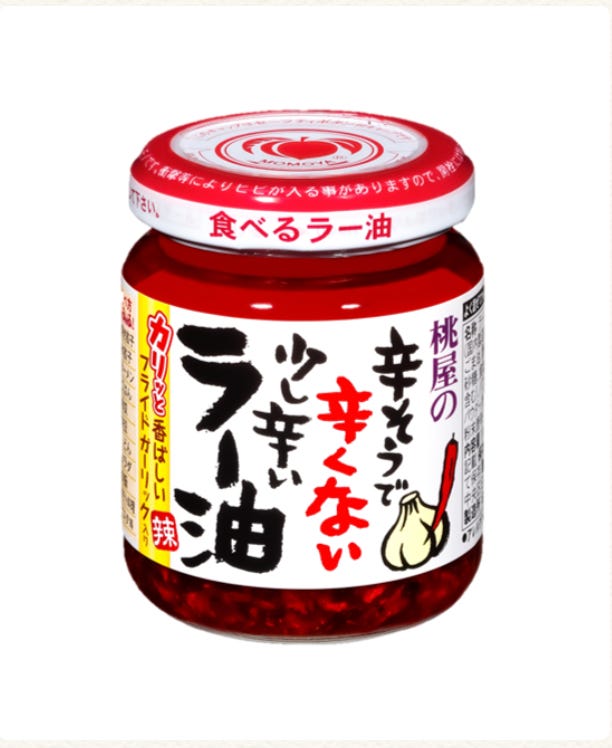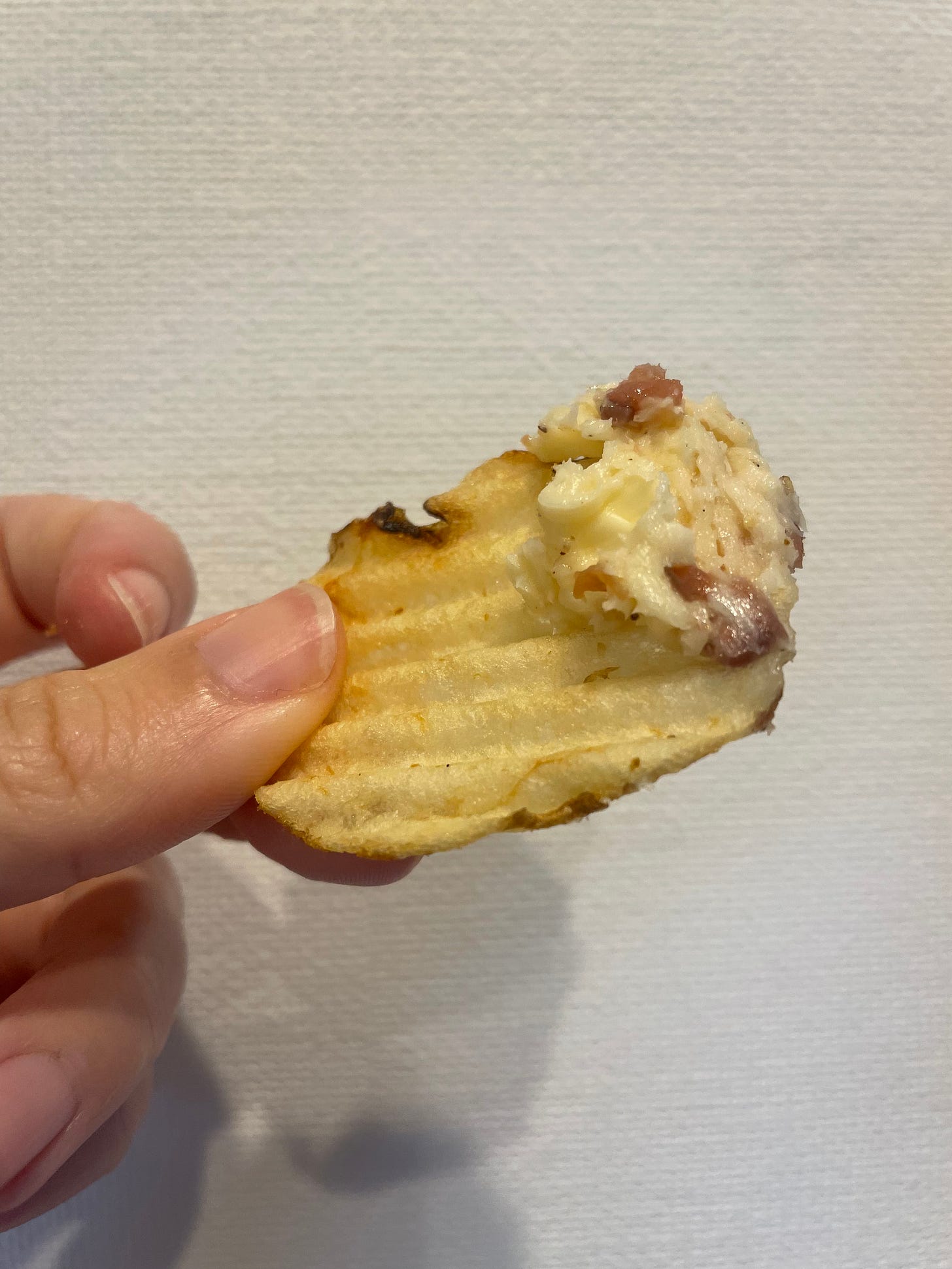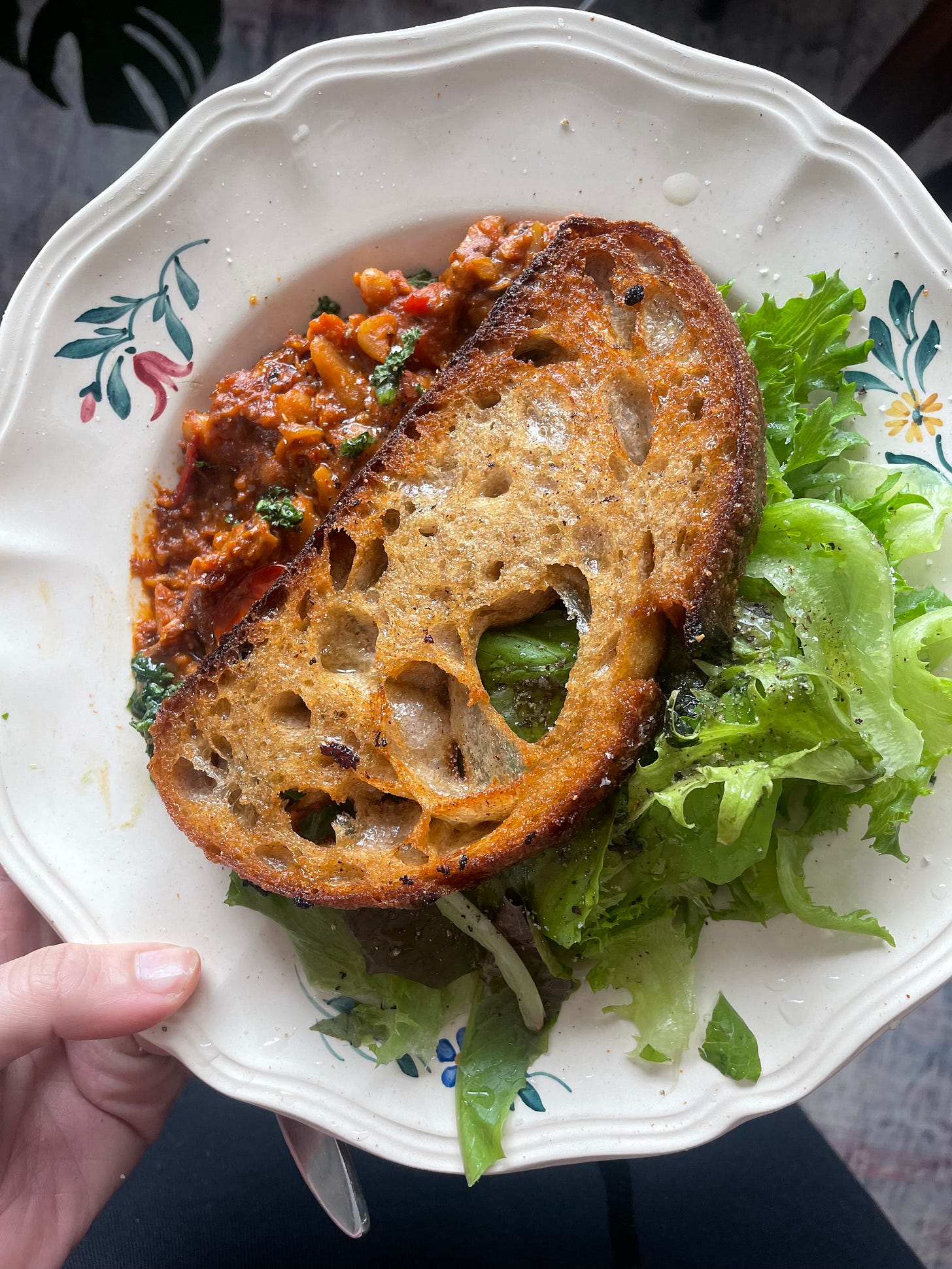There’s a guy in his 50s not doing much and he lives off of his parents inheritance money. All he seems to like to do is to read books. He used to be married to a woman called Nagisa, and she describes him as this;
“Whenever I look over at my husband now watching TV, I can feel like I’m there, that I’m present with him. But with my ex Minoru reading books all the time, he never felt more far away.” (Changed a bit to first person narration)
The original sentence: 「テレビを見ている夫を、渚はいまここにいると感じることはできるが、本ばかり読んでいた稔は、そばにいてもいないようにしか感じられなかった。」
This sentence hit hard for those book lovers. Haven’t you ever felt like when you are reading with someone in the same room, you are in a far far away world that they can’t even touch or see you?
I just described to you a book I just finished by Kaoru Ekuni『なかなか暮れない夏の夕暮れ』a Japanese writer who has written dozens of books from essays to novels. After reading her books, fans of hers will say things like, “It felt like one of those Ekuni world type books.” There’s sort of an archetypical theme in her books, a certain feel even. It feels like she’s just searching for what’s there in the mundane life, big or small, there’s something there that can be said. Particularly in 『なかなか暮れない夏の夕暮れ』, in modern day parlance, “no plot, just vibes” seems very fitting. Nothing really happens, but there’s just a man reading books constantly and life happens around that.
Japanese literature is unique and it’s a standalone genre. It does pain me to think that not every book can be translated into English and will never see the light of day to the rest of the world, but oh trust me, there’s definitely some good ones out there that didn’t become the next Breast and Eggs or Convenience store women. Not to mention, did you know that the the sensational Butter by Asako Yuzuki is merch-ificating! - pins! (Fuck, this books deserves all the tote bags and pins though, let’s be honest.) Butter first came out in 2017, I don’t know what was the discourse in Japan at that time but we definitely didn’t merched her book. America is silly because everything and anything must go through a paywall or is an opportunity for business. As far as avid book readers go, I think we just want to… read…books ? ? ?
Is that too radical? That readers will be satisfied enough if we can get a book in our hand? I do sometimes read the ins and outs of the publishing industry online and I do get it, it’s a business after all and it is true that people are reading less and books don’t sell. It’s a grim summary as a writer to see this, but this post by
is really informational. I understand publishing houses need to think, ok then what sells now ? but is America overthinking this? Or is Japanese literature not thinking at all and we need to wake the f up.Remember Yellowface? Well, that book was precisely a look into what happens now in America with publishing. Being a white woman is frankly not enough, or better yet it doesn’t sell, how can you make yourself, the writer, more interesting so people would want to buy it? Even redesigning paperback covers is a part of a big business move for readers to pay attention to your book. These conversations fascinate me because as an outsider who observes and writes about American culture often, everything becomes a thing, it needs to change, it becomes politicized and it turns into culture wars. And for that reason, it’s frankly refreshing to see the Japanese publishing world because it feels like Japanese readers are just here to read, and they don’t expect or want anything more other than good books. Isn’t that why we are all here for anyways?
My favorite author Dolly Aldterton, recently wrote a book called Good Material. I still haven’t been able to read it yet but it’s written from the perspective of a man in his 30s going through a breakup. It obviously took all headlines by storm, Elle magazine even put it, “Dolly Adlerton on Demystifying Men and Dissecting Breakups.” I get it, it’s new. A woman writing from a man’s perspective, especially about breakup specifically is something I would LOVE to read about.
She said once in a podcast or something that her publishers (aka Penguin) were pushing back on the proposal when Dolly really wanted to write this book. A woman writing from a man’s perspective - would that sell? Fast forward to the book being published, the way her book was going viral on tiktok and the amount of press coverage was remarkable, but I can only wonder if that’s also a part of the brand of ‘who’s’ the writer? Dolly is so prolific and has a gorgeous resume. She’s a specialist on breakups, relationships, and love. Her fans, like me, would probably love to read a book by her on that topic that has a little twist. If anything it feels like it’s marketing savvy, and she deserves all the anchovies and chips. (I think that’s what Dolly likes to eat. I’m a fan OK) I can’t be a critic on one of the writers I adore and love too much, but if I must say the unsaid thing here, the book I just finished and hundreds of other Japanese books also have male protagonists written by women - has that ever been as sensational as it is with Dolly? Probably not.

Japanese books and translated books have been doing the things modern day American literature think radical. To,
‘s point, “As someone who reads a lot of translated literature, I don’t see this problem in other countries. Most of the world embraces nasty narrators and weirdo characters.” He was specifically talking about likable and unlikable characters in books, but I think this can be said about other aspects of books too. These publishing houses pushing ‘boundaries’ just doesn’t feel like a problem in Japan, at least to what I can see and am aware of. You see the list of book awards and there is a good amount of women writers in there. Japan is not your perfect little country either. I’m sure because of the culture, the newbie writer treatment is pretty real and I can only imagine the senpai’s often dominate the list.I seem to have glorified the Japanese publishing industry, but I do think Japanese writers have always been writing interesting and engrossing stories for quite a while. Culturally, it is interesting to see conversations around ‘sensitivity reading.’ (Yellowface was filled with this!) The big old question, who gets to write what. I just don’t ever see that as an issue in Japan. Mainly because we are a homogeneous country and statistically there isn't a lot of cultural policing that happens, I would go as far to say that the average person in Japan might have pretty similar backgrounds. The rules perhaps don’t apply in Japan like it does in America with publishing, but I wonder if that’s for the best.
Finally, I do want to point out though that Japan has its own set of problems. Although these novels handle tough conversations pretty often I might add like, transgender rights, bullying, mental health, suicide, sexuality and infidelity and much more, none of us are willing to talk about it in real life so much. What happens in books, stays in books. Again, another great conversation starter whether you read books to escape or relate?
*
I liked writing this and reading some material on the publishing industry (along the way, I found so many interesting Japanese novels to pick up for my next stack.), if this was fun enough to read, let me know. I may or may not indulge in more!
Other Stuff
Each week, I give you some extra things you can read/listen/watch that I consumed and thought was interesting. Here is this week’s edition! If you like this portion of the newsletter, I do a whole section dedicated for it once every month called #juststuff where you can read all the archive here. Enjoy.
3 Reads
This story on Trader Joe’s. The store being insensitive to race and racist props in store, also stealing ideas from private brands. Their snacks are just too good but it is in fact just another shop name Joe, slapping on a cool exotic label on jars. - We Need to Talk About Trader Joe’s
So you think you’ve been gaslit? is a great read on defining what it actually is and what does the gaslighter want from gaslighting?
I’m currently reading Naomi Klein’s fascinating book, No Logo and it brought me to this article from 1999 lol I wasn’t aware of Tibor Kalman’s reputation “the bad boy of graphic design'' but this is …. grand. “This, to me, is the shock of the familiar.” he said.
3 Substacks
I don’t know but suddenly I’m seeing
by Chloe List and it’s so good. The recent issue on peanut butter is chef's kiss. I mean spoon in jar kiss or whatever that is peanut butter appropriate here. I mean the love I have for peanut butter is … insane. She’s also a designer so her Substack is basically eye candy and it feels like a magazine in it of itself. (Then who knew! did a rebrand with her!)- by is a gooood one. I stumbled upon this one, “Bring back gatekeeping” a) the headline is one of the things I’m very interested in to hear what others have to say, but b) the ultimate question of is the awarded beauty products actually worth it?? Would love to know more and might become a paid subscriber.
- is also a sick Substack on all things food related. This post on Momofuku “chili-crunch” debacle got me cackling because Why is David Chang so dumb? (For further readings on it, maybe the washington post one is good ) but also has he ever tried the 辛そうで辛くない少し辛いラー油 ? ? ? (Literally translated as “looks spicy but not, but a little spicy chili oil.” GREAT NAME) I would love to know what the chili crunch they made is similar to this. Has anyone tried it?
3 Recipes
The wayyyyyy I quickly made this anchovy butter dip was insane.
did it again, and I have about 200g worth of whipped butter in my fridge to snack.
Sardines and beans! What’s not to like!!! Too easy to make and wholesome.
I was weirdly craving risotto, so I riffed out from this recipe to make some mushroom risotto.
I love you all and peace out! xoxo Megumi



